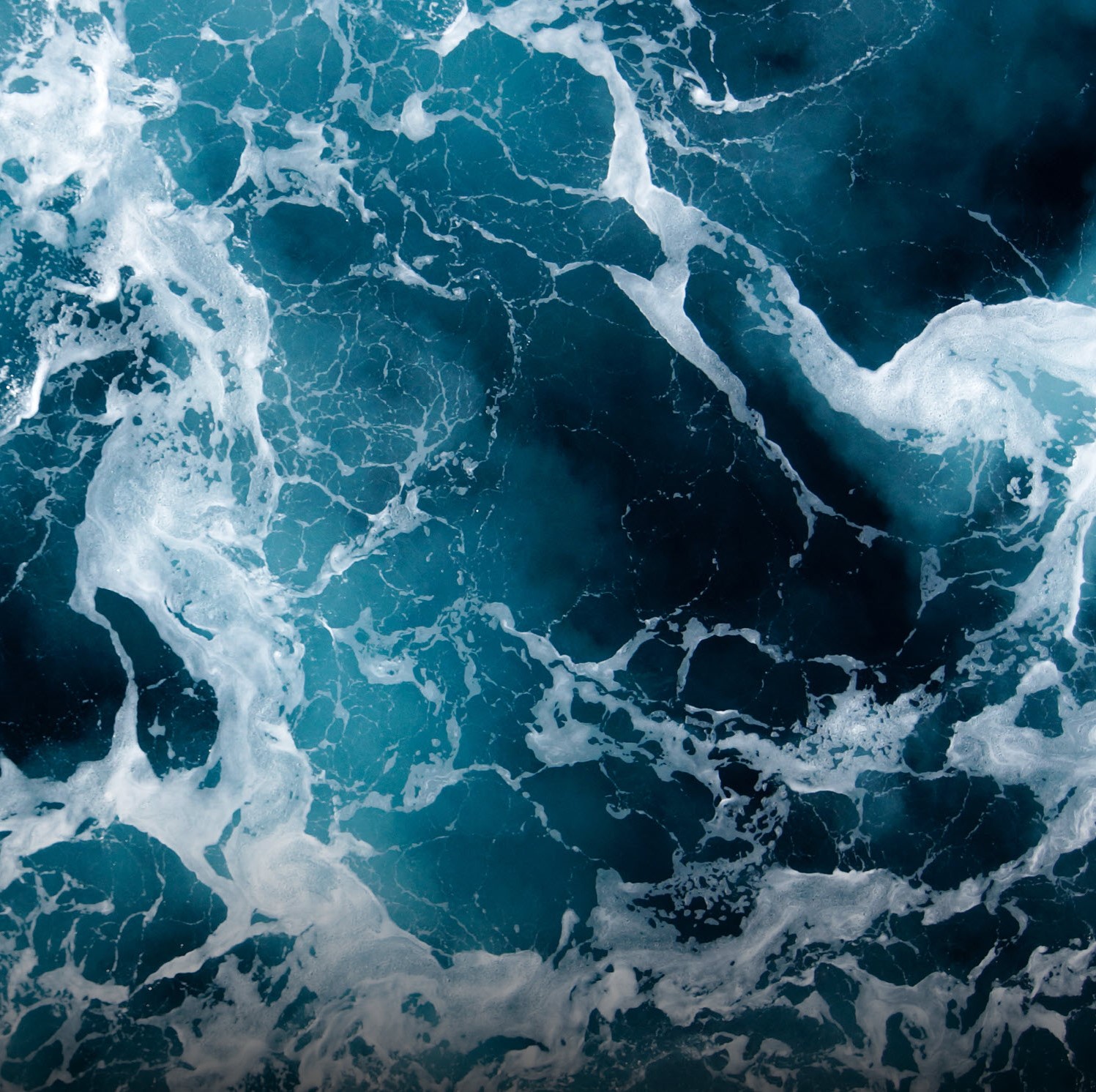Gabriel Vecchi will receive the 2017 Atmospheric Sciences Ascent Award at the 2017 American Geophysical Union Fall Meeting, to be held 11–15 December in New Orleans, La. The award recognizes research contributions by “exceptional mid-career (academic...
Gabriel Vecchi will receive the 2017 Atmospheric Sciences Ascent Award at the 2017 American Geophysical Union Fall Meeting, to be held 11–15 December in New Orleans, La. The award recognizes research contributions by “exceptional mid-career (academic, government, and private sector) scientists in the fields of atmospheric and climate sciences.”
CITATION FOR GABRIEL VECCHI
“For his creative scientific advances associated with understanding the effects of climate change on the dynamics associated with the Walker circulation, the Hadley circulation, and tropical cyclones.”
Citation
Gabe Vecchi has used his strong background in observational diagnostics, combined with excellent dynamical insights, to produce a number of key findings that have been highly cited in the literature. For example, in a 2006 Nature paper, he showed that observed changes in the Walker circulation could be attributed to human-induced climate change. In 2007, he also examined how changing large-scale climate affects vertical wind shear in the tropics, an issue of great relevance for tropical storms. He has also published a study on climate change and hurricanes. He examined how a changing observational network has significantly influenced our ability to quantify tropical storm changes over the past century. He extended this work to show how modern observing systems capture far more short-lived tropical systems, thus making the interpretation of longer-term trends more problematic. He has also led efforts to develop both dynamical and statistical models for seasonal hurricane prediction, with significant skill in predicting landfalls of Category 4 and 5 hurricanes.
Gabe has also been involved in community service through his work on a number of national and international committees and working groups. For example, he has served as cochair of the US CLIVAR Hurricane Working Group. He exemplifies the qualities needed to continue to advance the field of climate change and dynamics and is richly deserving of a 2017 Ascent Award. On behalf of the AGU Atmospheric Sciences section, I am pleased to present a 2017 Ascent Award to Gabriel Vecchi.
—Joyce E. Penner, President, Atmospheric Sciences Section, AGU
Response
It is a great honor to be one of the recipients of the 2017 AGU Ascent Award. I am astounded to find myself in the company of such accomplished awardees. I am grateful for the effort that went into nominating me for this award. Thank you to Anna, Emil, and Maja—it’s hard to leave you when I go to work.
I am thankful for the amazing environments that have supported and encouraged my scientific pursuits, with fantastic colleagues to inspire and challenge me. Thank you, Don Altman, for introducing me to oceanography; it changed my life. I owe much to Rutgers University and the University of Washington for providing rich and challenging environments. Thank you, Mohamed Iskandarani, for my first taste of research. I owe so much to Ed Harrison, always generous with ideas, support, and friendship, and delicate in criticism.
I am lucky to have spent over a decade with GFDL’s people, who made my research better, broader, and more fun. I thank my mentor and friend Tony Rosati, whose creativity and generosity I strive to emulate, and Ants Leetmaa, for taking a chance on me. I am grateful to Tom Delworth, Keith Dixon, and Tony Broccoli for their support, inspiration, and advice. Brian Soden, Gabriele Villarini, and Jim Smith, thank you for making research enjoyable and rewarding. Thank you, Isaac Held, Tom Knutson, and Ming Zhao, for teaching me about the tropical atmosphere. I will long treasure having been part of a talented, passionate, and energetic group at GFDL, and I am inspired by the success of its members.
I have had such a fulfilling time trying to understand our climate system, and I am excited to have started the second half of my career at Princeton University, where I look forward to new adventures and discoveries.
—Gabriel Vecchi, Princeton University, Princeton, N.J.








